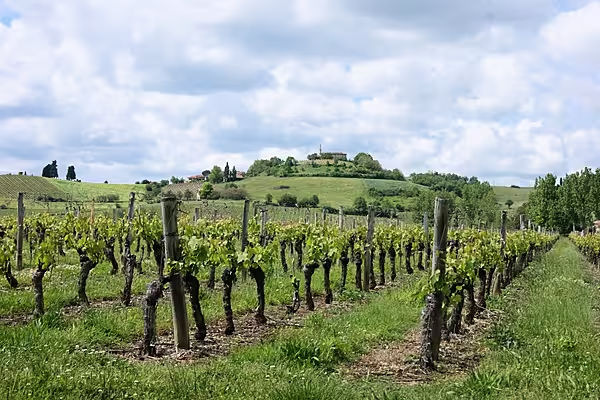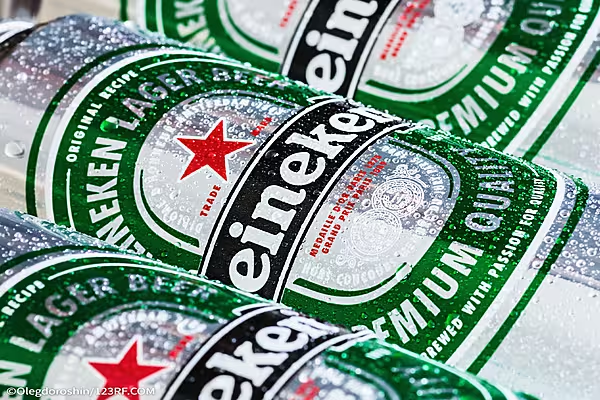Wine output in Italy looks set to fall 12% this year to below 44 million hectolitres after extreme weather and fungal diseases severely hit vineyards, Italian wine lobbies UIV and Assoenologi recently said.
The tumble means Italy will lose its position as the world's largest wine producer, with
Wine output in Italy looks set to fall 12% this year to below 44 million hectolitres after extreme weather and fungal diseases severely hit vineyards, Italian wine lobbies UIV and Assoenologi.
The tumble means Italy will lose its position as the world's largest wine producer, with France set to reclaim the number one spot for the first time in nine years.
In a joint statement with food and agriculture institute ISMEA, the lobbies said that northern Italian regions were set to register a small 0.8% growth in output.
Production Expectations
However, production was expected to slump around 20% in central regions and about 30% in the south, hit by a combination of bad weather and the impact of a fungus called plasmopara viticola, harvest forecast data showed.
The fungus, which attacks grapevines' leaves and fruits, causes a disease named grape downy mildew.
"The harvest we are facing is very complex, characterized above all by the effects of climate change which at the end of spring and beginning of summer caused pathogenic diseases such as downy mildew, floods, hailstorms, and drought," said Riccardo Cotarella, head of an association of wine experts, Assoenologi.
However, the quality of the wine would not be compromised, Cotarella predicted. "From the 2023 harvest we will certainly obtain good quality wines, with peaks of excellence," he said.
Output Decline
The decline in output should not cause alarm either, with existing stocks standing at more than 49 million hectolitres, the highest level for the last six years, said Livio Proietti, ISMEA's extraordinary commissioner.
"The issue is not so much the loss of Italian leadership in terms of volumes produced, but rather the slowdown in domestic and foreign demand, which is lowering prices," said Proietti.
A hectolitre is the equivalent of 100 litres, or 133 standard wine bottles.
set to reclaim the number one spot for the first time in nine years.
In a joint statement with food and agriculture institute ISMEA, the lobbies said that northern Italian regions were set to register a small 0.8% growth in output.
However, production was expected to slump around 20% in central regions and about 30% in the south, hit by a combination of bad weather and the impact of a fungus called plasmopara viticola, harvest forecast data showed.
The fungus, which attacks grapevines' leaves and fruits, causes a disease named grape downy mildew.
"The harvest we are facing is very complex, characterized above all by the effects of climate change which at the end of spring and beginning of summer caused pathogenic diseases such as downy mildew, floods, hailstorms, and drought," said Riccardo Cotarella, head of an association of wine experts, Assoenologi.
Wine Quality
However, the quality of the wine would not be compromised, Cotarella predicted.
"From the 2023 harvest we will certainly obtain good quality wines, with peaks of excellence," he said.
The decline in output should not cause alarm either, with existing stocks standing at more than 49 million hectolitres, the highest level for the last six years, said Livio Proietti, ISMEA's extraordinary commissioner.
"The issue is not so much the loss of Italian leadership in terms of volumes produced, but rather the slowdown in domestic and foreign demand, which is lowering prices," said Proietti.
A hectolitre is the equivalent of 100 litres, or 133 standard wine bottles.
Read More: French Wine Output Falls With Sharp Contrasts Between Vineyards
News by Reuters edited by Donna Ahern, Checkout. For more drinks stories click here. Click subscribe to sign up for the Checkout print edition.









